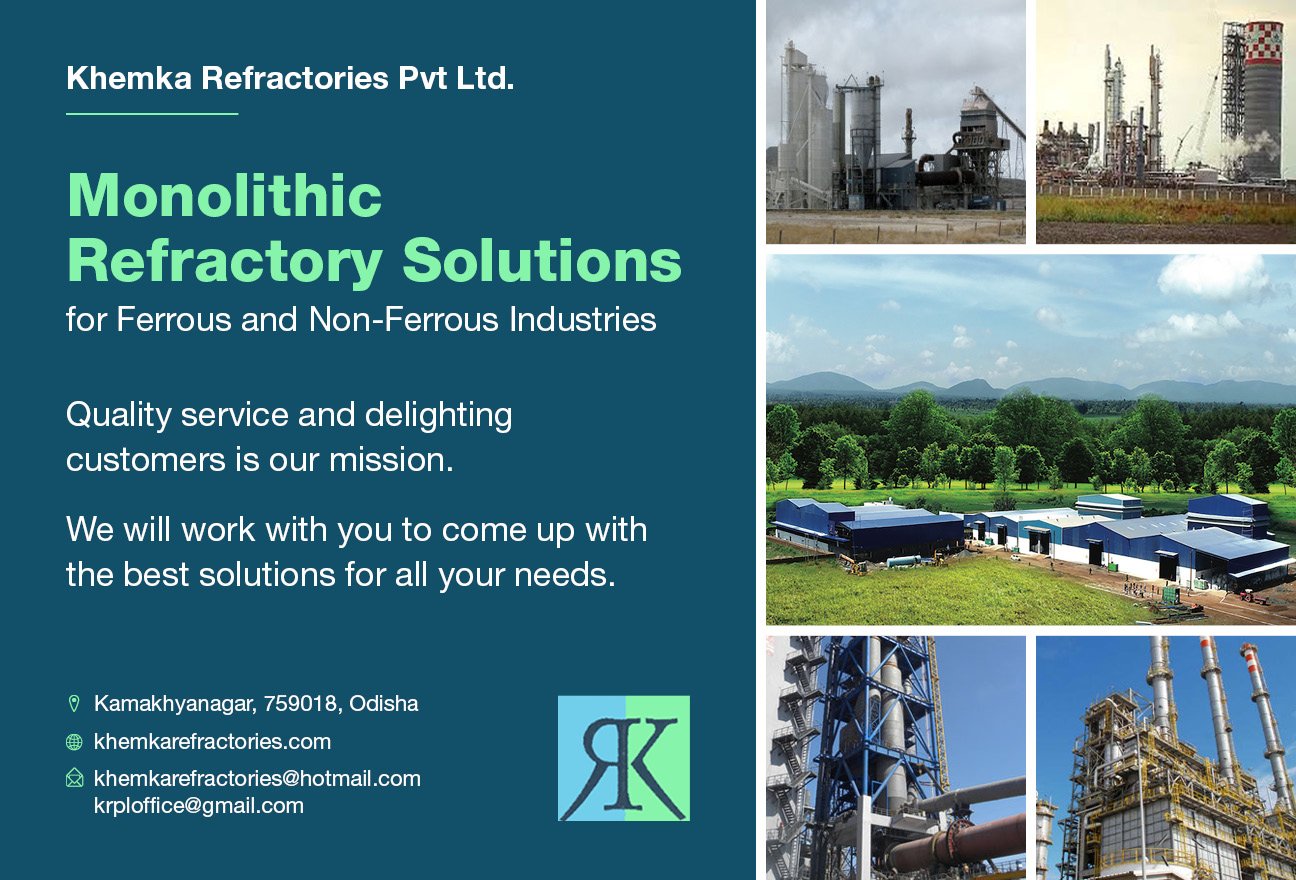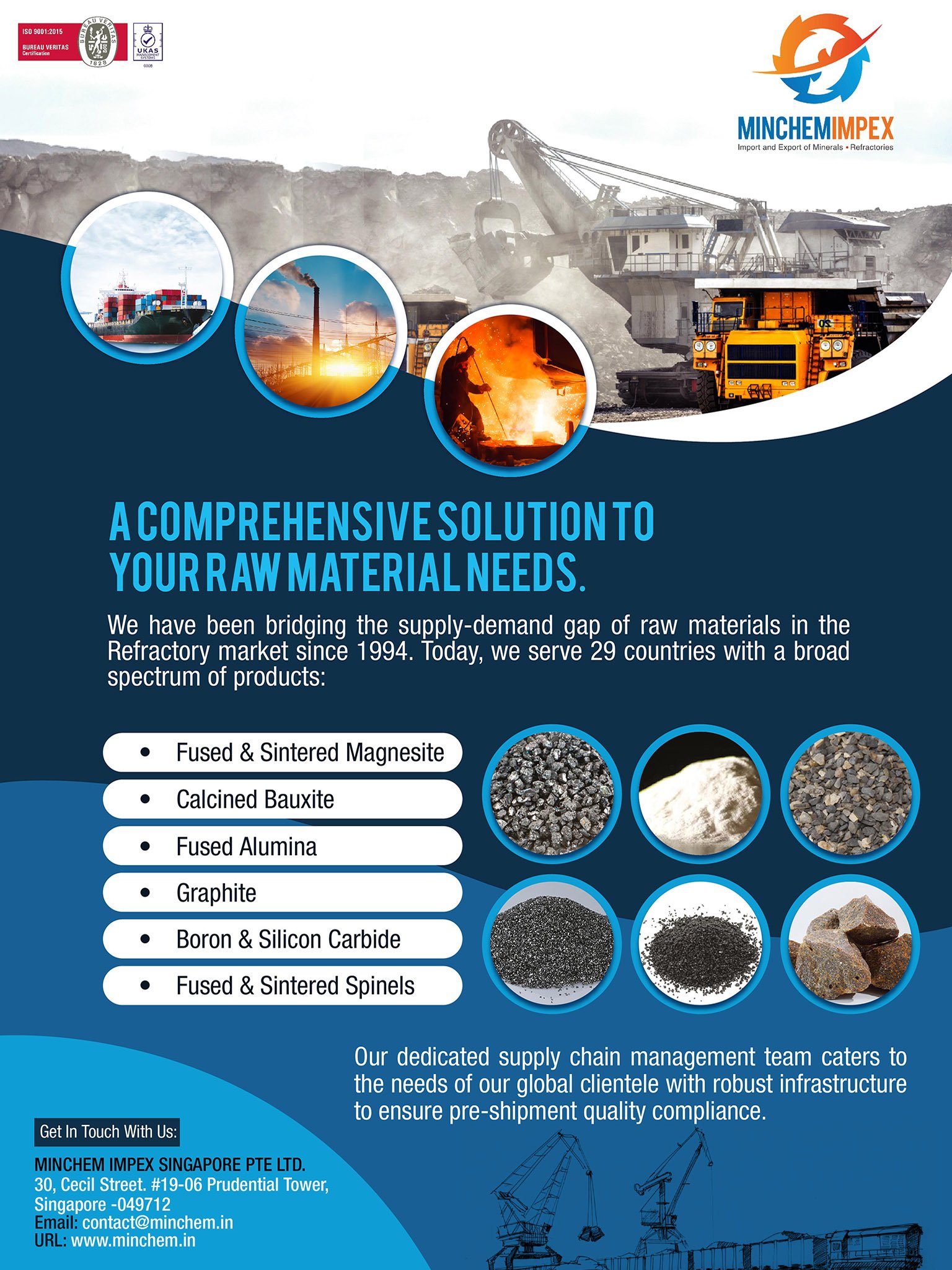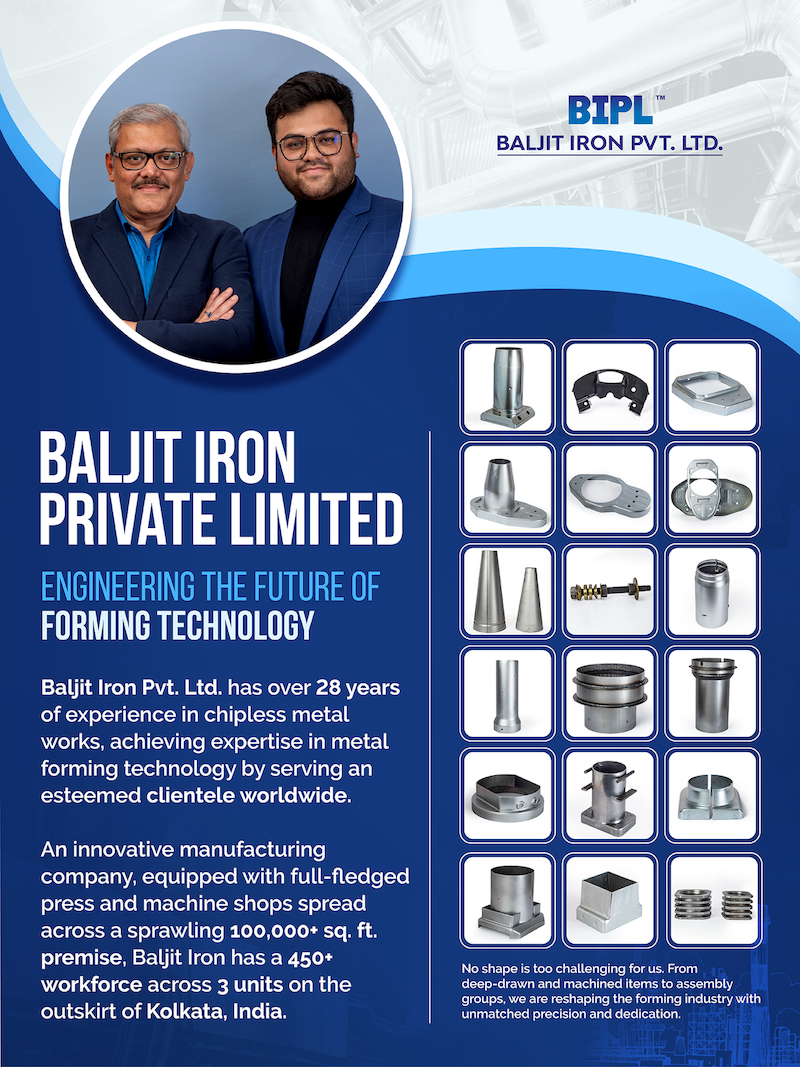When Parmod Sagar is asked about the challenges facing RHI Magnesita India over the coming five years, the Managing Director and CEO of India’s leading producer of refractory materials confidently states: “I don’t see many challenges.”
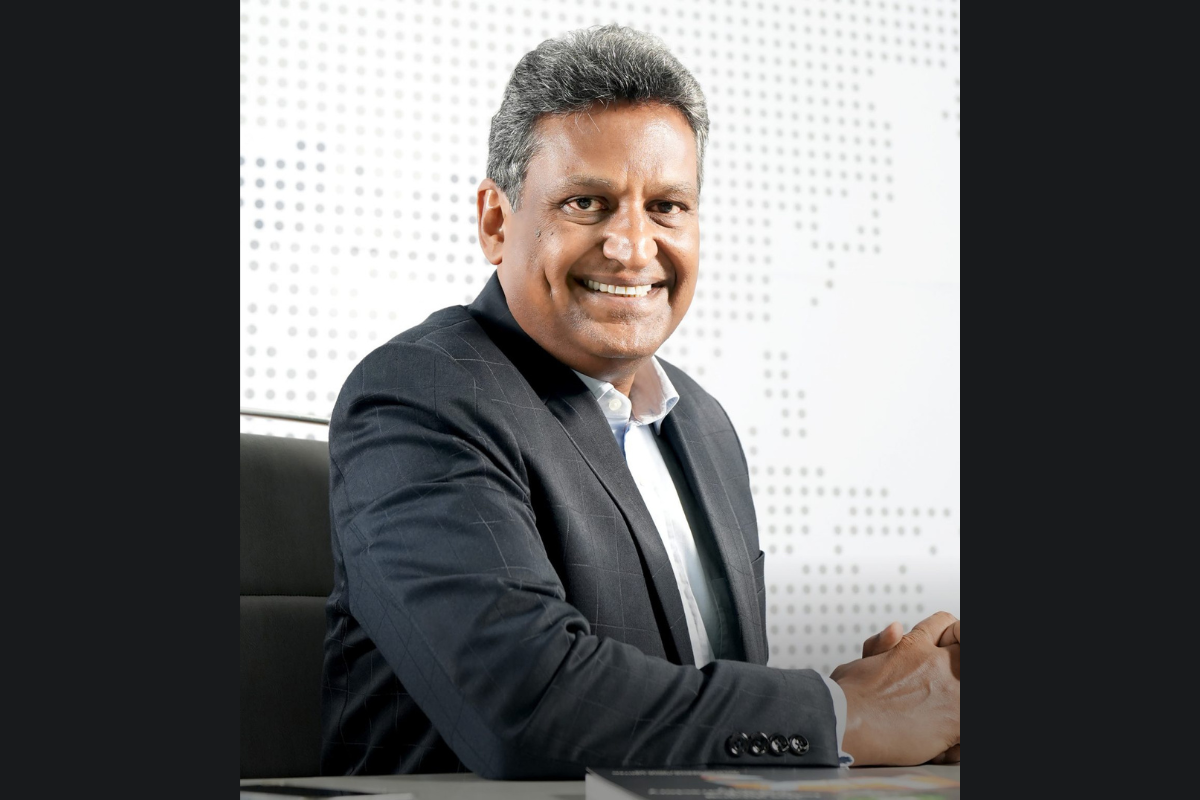
Challenges for the company, he explains, have largely been transitory or due to sudden external shocks such as the COVID-19 pandemic and its lingering after-effects – including supply chain complications. The imposition of a 15 percent duty on steel exports disrupted the demand for few months before it was withdrawn by the Government of India recently.
“If these types of headwinds come, then there could be some challenges,” he concedes. “But I can’t see any serious challenges for our growth plans.”
Growth has been a constant of Sagar’s tenure at RHI Magnesita India – the Indian subsidiary of Vienna-based refractory production giant RHI Magnesita – with earnings before interest, taxes, depreciation and amortization growing at nearly 20 percent, and margins expanding by almost the same impressive figure over the past two years, in spite of the pandemic.
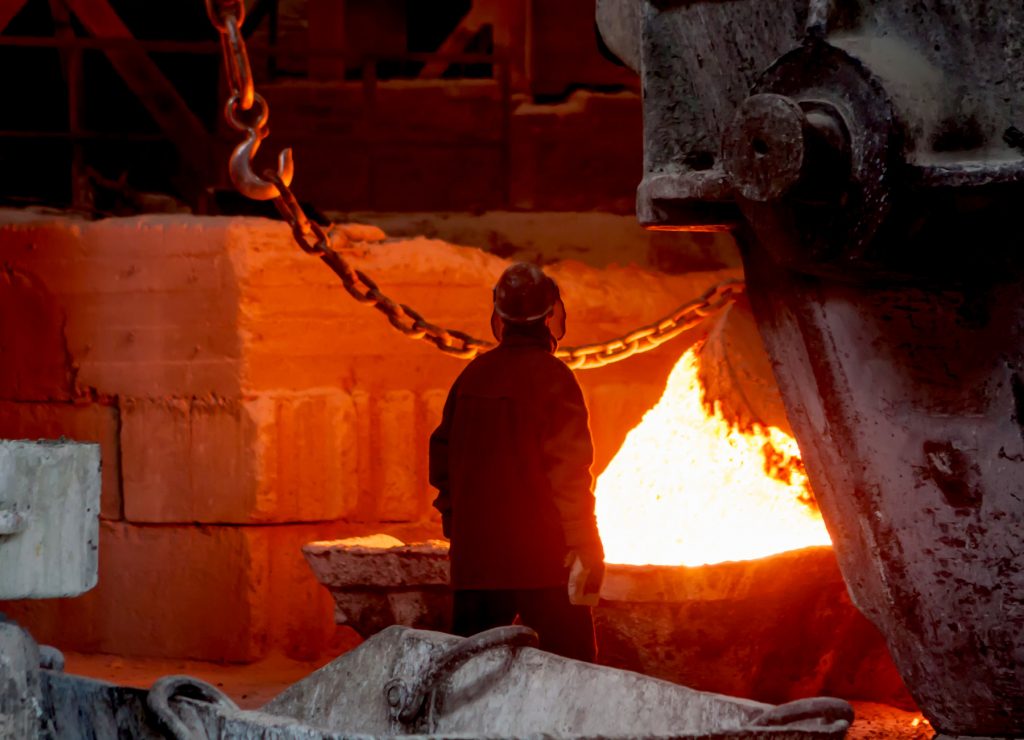
We will maintain our strategy of leading innovation in the industry, which we are doing with a focus on a circular economy, keeping a check on our costs and always remaining focused on being customer centric.
Sagar’s success extends beyond India. He also serves as President of the India, West Asia and Africa business unit – all fast-growing markets for refractory materials. But he speaks especially optimistically about the outlook for India. He and his executive team set ambitious goals in 2021 for doubling production and revenues, while expanding the company’s footprint throughout the country. The company has recently executed two agreements within two months to acquire the refractory business of two Indian companies: Hi-Tech Chemicals and Dalmia Bharat Refractories.
“We have kept capex to about 400 crores [US$49.3 million]. We already spent almost 100 crores [US$12.3 million] and rest of the money, we will be spending in three-to-four years’ time to expand our footprint in India, expand our production facilities and increase our productivity,” he says. “Various projects are going on simultaneously.”
Global challenges
The expansion in India is unfolding amid a backdrop of geopolitical uncertainty. Inflation remains stubbornly high, while the Ukraine invasion has sent energy prices soaring – impacting the operations of firms requiring refractory materials.
RHI Magnesita operates around the globe; Sagar is one of five regional presidents. The outlook for the company is especially complicated in Europe, where industrial users have scrambled to find alternate sources of energy after natural gas shipments from Russia were interrupted.
Sagar is quick to explain RHI Magnesita’s commitment to decarbonization. “As the global refractory leader, we are committed to reducing our CO2 footprint by 15 percent by the end of 2025,” he reveals.
“We are an innovative company with a focus on not only the product, but also digitalization and automation, and we want to give our customers excellent products, considering impending environmental issues, CO2 emissions and the circular economy. We are spending a lot of money and energy on those subjects, so that we can provide them with the right products, where they can also save some CO2 emissions and we can contribute to the society at large, apart from our businesses.”
He cites increased automation in RHI Magnesitas India’s three plants as a priority for the coming 12–18 months. “It would be need-based, where the human intervention is low, errors can be remediated, and will allow us to give world-class, very consistent products to our customers. That is the aim.”
Customer centric
Another priority for Sagar is deepening the company’s commitment to customer centricity, which sets RHI Magnesita India apart from its competitors.
“We have a total portfolio of products. We are solution providers, not only a product supplier to the industry,” he points out. “We can design, we can supply tailor-made products, we can install them, monitor and manage them, and take care of their technical application.”
Additionally, Sagar see its ability to problem solve for customers as a key strength. “Whether it’s the refractory expertise or even metallurgical support, that we provide from digitalization and automation, in the steel plants and cement plants. This is one of our biggest strengths, I would say, compared to our competition.”
He also says that the “backward integration” embedded in the global company’s structure – in the form of mines around the world – provides increased operational control over the supply of key raw materials. It also provides flexibility.
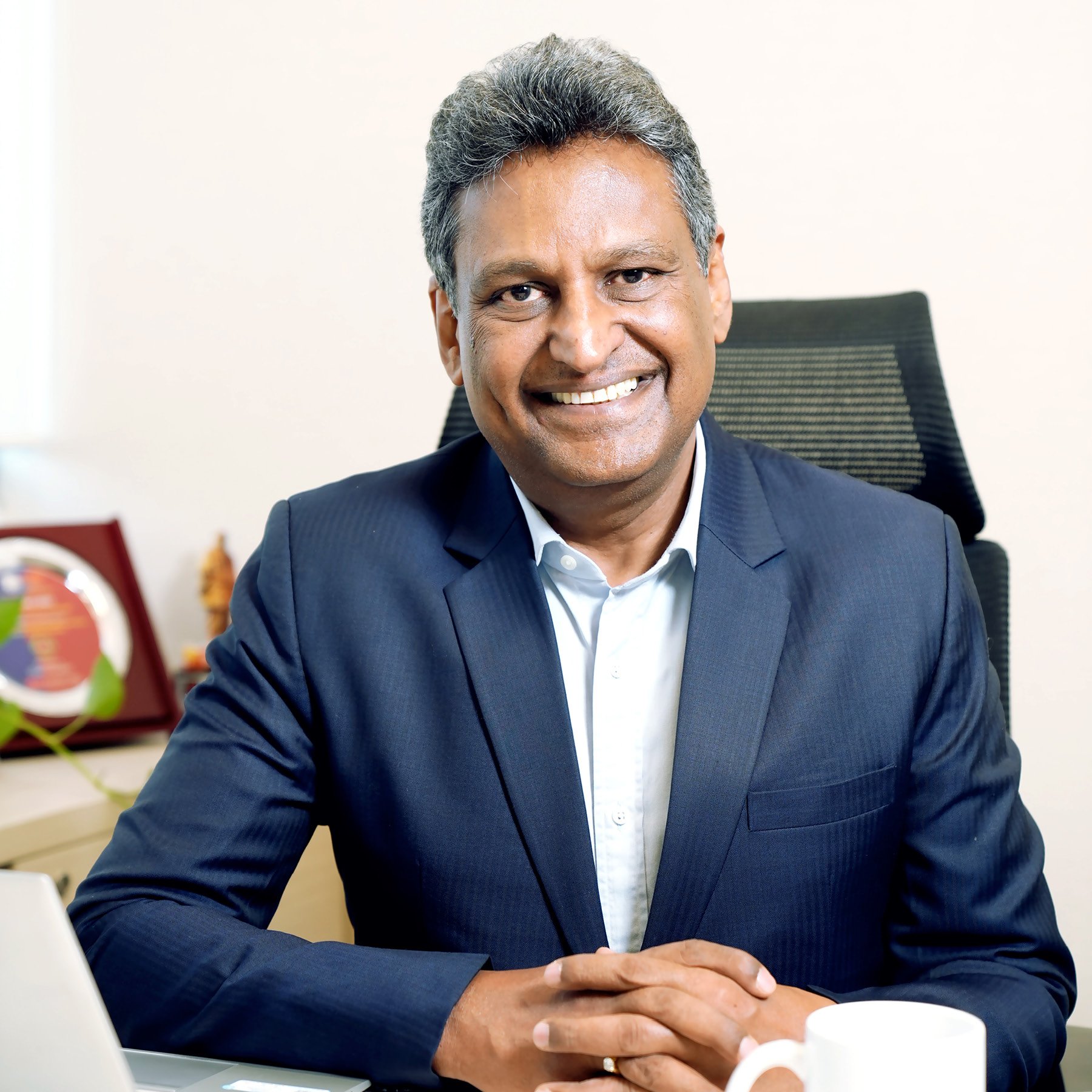
We are solution providers, not only a product supplier to the industry.
“We are probably the biggest company to have backward integration. We have our mines in Brazil, we have mines in America, we have mines in Europe, we have mines in China. We can fall back on our parent company’s raw material resources, if need be. We are not just dependent on Chinese raw materials, whereas most of our competition relies only on that,” he explains.
“That gives a lot of comfort to our customers that we can supply them continuously on a sustainable basis, apart from China, if something goes wrong.”
Though proponents of backward integration, RHI Magnesita India depends on key suppliers to sustain its operations. Sagar describes relationships with suppliers as smooth and cordial – the same for customers, as the company is itself the largest global supplier of refractory materials. “It is hand in hand,” he says. “They need us, we need them.”
He describes the need for strong partners to support RHI Magnesita India’s ability to provide solutions, offering customers “full-line services” – a complete range of products and services.
“It is right from maintaining the inventory of refractory until the production of steel, and the payment we get per ton of steel produced. We need real, reliable resources, and partners who can continually supply materials, in spite of having challenges such as container availability and fluctuating raw material prices,” he adds.
“We have to provide for our customers. Otherwise, if we are not able to supply them with material, steel plants will stop. Even during COVID-19, we were the only company that was continuously producing and supplying to the steel plants, because they were relying 100 percent on us.”
Mutual benefits
Pursuing strategic relationships with suppliers brings great benefits, according to Sagar, the biggest being “seamless supply” – as evidenced during the pandemic – along with “visibility in pricing”, he says.
“When you have a contract, say, for a year or so, you know what year-round pricing you’re going to have,” he explains.
Strategic relationships also need not be based on the volume or commercial value of the transactions, Sagar stresses. “Even a smaller supplier, who brings a very critical chemical, is vital. If that chemical is not available, I cannot produce refractory materials.”
Industrial companies such as steel mills, glassworks, ceramics producers and cement plants all depend heavily on refractory materials. It’s therefore no exaggeration to state that refractory minerals make the modern world possible. And RHI Magnesita has played an integral role in global industrialization since its founding in 1834.
Refractory minerals resist ultra-high temperatures, which are necessary for producing industrial essentials such as steel, glass and concrete. Bricks made with refractory materials line industrial furnaces and can withstand scorching-hot temperatures of more than 1,200 degrees Celsius.
A global reach
RHI Magnesita serves more than 10,000 customers in countries around the world. Its global reach is the product of a 2016 merger between Austria’s RHI and Brazil’s Magnesita, with both companies being leaders in their respective regions.
RHI Magnesita India formed in 2021 with the merger of three companies: RHI India, RHI Clasil and Orient Refractories.
Sagar joined Orient Refractories in 1992, having previously worked in the steel industry. He had reached the position of Senior Vice President by the time RHI purchased Orient Refractories in 2013, and was promoted to Managing Director after the purchase. He oversaw the merger and integration of RHI Magnesita’s assets in India.
Since the RHI Magnesita purchase, Sagar has focused on improving the firm’s financial performance and pursuing a path of aggressive growth. The company’s size was about US$37 million at the time, he recalls, with “hardly anything in the bank”.
“Continuously, we grew at about 14 percent. We grew much faster compared to our peers, the competition. Also margin-wise, we were always way ahead of our competition,” he reflects.
The India, West Asia and Africa business unit comprised 20 percent of RHI Magnesita’s global business in 2021, according to the company’s annual report. But growth in India vastly outpaced other regions, surging by some 36 percent.
The growth reflects prudent planning undertaken in 2021 as Sagar and his executive team outlined ambitious goals of doubling production and sales – through organic growth, but also mergers and acquisitions.
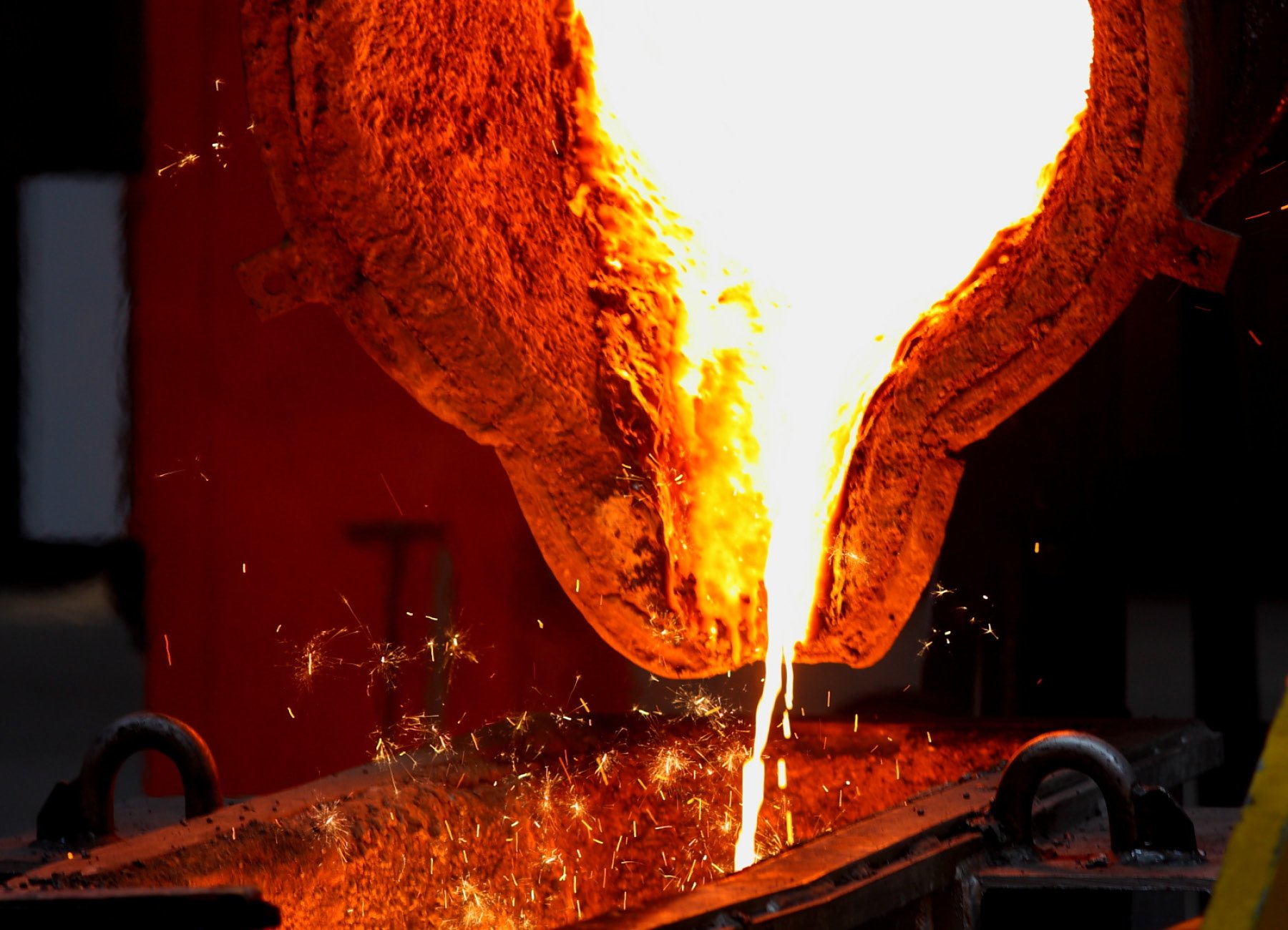
Along with setting ambitious goals, Sagar and his team also embraced the Japanese concept of kaizen to help make it happen. This puts the principle of constant improvement into practice, with the incremental results compounding into impressive outcomes.
One method for Sagar to chart the company’s progress is to keep tabs on how it’s performing in comparison to the competition. He expresses full confidence in RHI Magnesita India’s ability to maintain high standards and its market-leading position.
“Our measurements are always ahead of the competition,” he says. “We will maintain our strategy of leading innovation in the industry, which we are doing with a focus on a circular economy, keeping a check on our costs and always remaining focused on being customer centric.”

